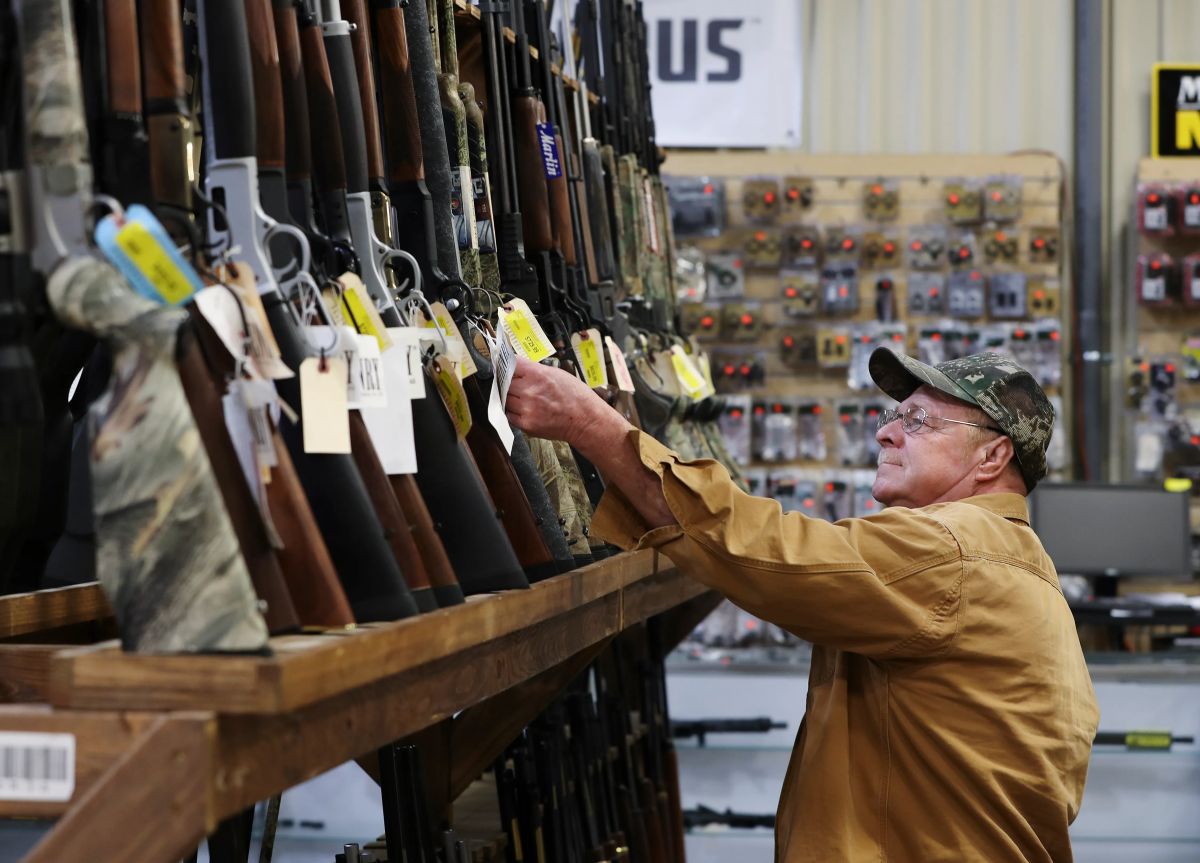That little-known proposed change to start tracking gun and ammo sales by adding a special credit card merchant code to each sale hasn’t gone unnoticed.
Since we discussed it nearly two weeks ago, it’s caught the attention of several state attorneys general and the backlash and pushback against credit card companies has begun. The fear, which is not unfounded, is that tagging firearm sales of everyone, including law-abiding citizens, creates what is essentially a “backdoor” registry of purchases associated with your bank record. In this case, the government doesn’t have to keep track, they’ll just contact your bank, or your bank will contact them if they need to check on your gun purchases.
So far, some two-dozen red state attorneys general have signed on to a letter demanding that credit card processors, like Visa, MasterCard, and American Express, dissolve plans to add the special firearm merchant codes:
In a letter sent to the companies Tuesday, the attorneys general warn the credit card companies that they could face legal action if they move forward with the code adopted by the International Organization for Standardization.
“Categorizing the constitutionally protected right to purchase firearms unfairly singles out law-abiding merchants and consumers alike,” said the letter, led by Tennessee Attorney General Jonathan Skrmetti and Montana Attorney General Austin Knudsen.
“Be advised that we will marshal the full scope of our lawful authority to protect our citizens and consumers from unlawful attempts to undermine their constitutional rights,” says the letter, which was first reported by The Wall Street Journal.
Visa, MasterCard and American Express did not immediately respond to requests for comment.
None of the mentioned credit card processors want to end up losing their processing fees if purchases of firearms and ammo at gun stores end up turning more to cash or other forms of payment. These companies make millions of dollars every year from the firearm industry by collecting a small percentage of the processed sale amount, a share of the transaction they can’t afford to lose.
While the companies contend that the new merchant codes won’t inhibit legal transactions, the idea that they’re somehow still providing privacy seems suspect:
Visa, MasterCard and American Express have previously said the new codes won’t inhibit legal commerce.
“A fundamental principle for Visa is protecting all legal commerce throughout our network and around the world and upholding the privacy of cardholders who choose to use Visa,” Visa said in a statement last week. “That has always been our commitment, and it will not change with ISO’s decision.”
If the privacy of the cardholder is to be upheld, then why do gun regulators and anti-second amendment advocates seem to support these new gun merchant codes? If the idea is that a string of purchases at a gun store or purchases over a certain amount will trigger some kind of alarm bell from which a bank will notify a federal agency, then how is privacy being maintained?
The truth is that using any form of electronic payment, either a credit or debit card, gives up a lot of privacy during the process. First, your bank is involved to approve the transaction. Then there’s the processing company itself, like Visa or MasterCard, then there’s the merchant you’re shopping at. All of them now at least know where you’re shopping and how much you spent there.
For the moment, gun stores are considered “sporting goods” so a purchase there would be lumped in with a place where you buy hiking shoes or a canoe. The new change would break out firearm and ammunition sales to be tagged with a new code specifically designating the purchase from a firearm dealer, either brick and mortar or online.
The change hasn’t happened yet and perhaps won’t see the light of day if there is enough pushback from the public and states that value the right to keep and bear arms. The story isn’t over yet as it will be months of back and forth until the credit card companies relent and drop the plan, or try to plow ahead with the change. Stay tuned.
Donate Now to Support Election Central
- Help defend independent journalism
- Directly support this website and our efforts
